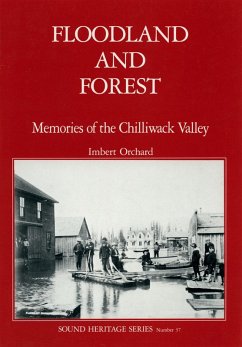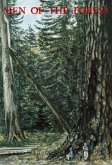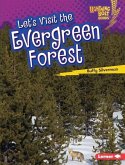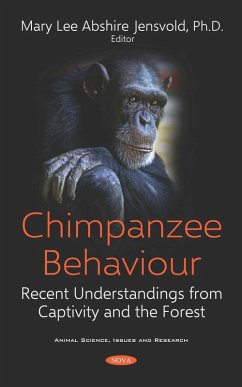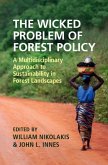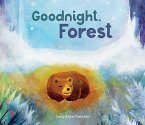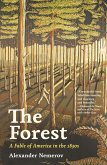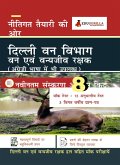This work is based on 15 tape recorded interviews with people of the Chilliwack area. I recorded them almost 20 years ago in the course of collecting material for a radio series about early days in the Lower Fraser Valley. Recently, when I began to fill in the historical picture from other sources, these oral memories came into focus as containing valuable statements of fact, or telling of happenings not recorded elsewhere. Above all, I saw them as opening windows on the thoughts, feelings and attitudes of a pioneer society. Such insights, from the midden of human memory, can be every bit as pertinent to our understanding as facts of the usual kind.At the time when I interviewed these people my scope was limited. I mainly wanted to hear about life before the First World War. With radio programs in mind, I selected these interviewees, not simply because they were available at the time of my visit, but because they had a reasonably good recall, as well as voices clear and pleasant enough for broadcasting.Some were able to remember things that their parents had told them, but none of their firsthand memories went further back than the 1880s. To remedy this, I have made use of excerpts from written memoirs of the 1860s and 1870s, which often read as if they had been spoken. The most important of these were recorded by Horatio Webb, who came to the Chilliwack Valley in 1870, and was well acquainted with all the earliest settlers. (I was able to interview his sister, Kate, when she was 101.) Another useful account was written by Mary Kipp (Mrs. Isaac Kipp), who came from Upper Canada as a bride in 1865. ln addition, it has been my good fortune to have been allowed access to the lively, conversational reminiscences of John Francis McCutcheon, who, like most of the other contributors, belongs to the second generation.These memoirs, written or recorded, are supported by historical narrative or commentary; but it will be obvious that the work as a whole makes no pretence at being a comprehensive local history. Discussion is limited to the broad lines of development and to a mere handful of the more prominent people and their families. Of necessity, it touches but briefly, and only from a specific point of view, on the equally important life of the native peoples of the area.Many thanks to Nora Layard, curator of the Chilliwack Museum and Historical Society, for her assistance, and also to D. R. Lind, Editor of the Chilliwack Progress for letting me see microfilm of the early editions, and for giving me permission to quote from various articles. My special thanks to the Chilliwack Museum and Historical Society for the use of their extensive and well-kept archives. I also acknowledge my debt to those cordial old-timers and others , who opened their doors to an inquisitive man from the CBC-and in particular to Oliver Wells for his friendly interest in what I was doing, and for contributing, before his untimely death , so much to our understanding of the history of the Chilliwack Valley and its native culture.-Imbert Orchard
Dieser Download kann aus rechtlichen Gründen nur mit Rechnungsadresse in A, B, BG, CY, CZ, D, DK, EW, E, FIN, F, GR, HR, H, IRL, I, LT, L, LR, M, NL, PL, P, R, S, SLO, SK ausgeliefert werden.

